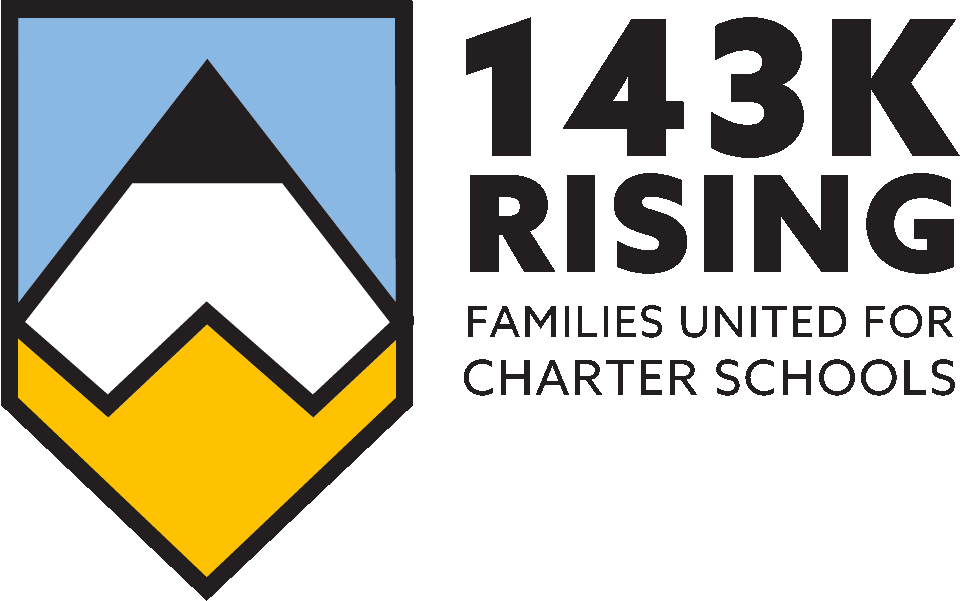By Patricia Rossetti
Pennsylvania’s 14 public cyber charter schools have been in the news lately, as thousands of families seek to enroll their children for the new school year.
Parents are choosing public cyber charter schools because we know how to educate students online. We have been teaching children in virtual classrooms for 20 years now. We know what works. We know what doesn’t work.
As innovators in public education, our cyber charter leaders want to help all schools with their virtual education programs. Specifically, we want to make sure every brick-and-mortar school — district, private or charter — can educate students online if schools are closed again this fall.
In response to our efforts to help, some of our opponents in traditional schools and the General Assembly have sought to cut state funding for our students and stop families from enrolling in our schools. They fear competition. They want to force students who live in their districts to attend the schools they determine, not the ones their parents choose.
There is a better way. School district officials should let us help them improve their online programs so they can retain students who wish to learn virtually. This cooperation has worked for dozens of schools that have sought our assistance, guidance and expertise since the pandemic shut down schools. Our cyber leaders offered to work with any school at no cost to them.
At PA Distance Learning, we have spent the last several months working with many brick-and-mortar schools on improving their online education programs. For example, we helped a Christian school in Luzerne County with online technical support and parental training programs. We helped a brick-and-mortar charter school in Harrisburg in making sure its students could submit their work efficiently online.
We also helped a Pittsburgh-based charter school with its online assessments for reading and math, so it could establish the benchmark grade levels of its new students entering the school. We worked with a charter school in Pottsville to improve its online synchronous and asynchronous academic program. Recently, we worked with the Diocese of Pittsburgh to allow it to create a long-term plan for its blended learning and online programs.
PA Distance Learning isn’t the only public cyber charter school helping brick-and-mortar schools. Many of my colleagues from other cyber schools have held seminars, webinars and meetings with educators from traditional schools.
In addition, the Pennsylvania Coalition of Public Charter Schools held its “Summer Webinar Series,” which was attended by 1,000 educators, including many from school districts and intermediate units. The topics included student engagement in an online learning environment and strategies to flatten the “digital divide” for students without access to high-speed internet or appropriate devices for learning.
We in the charter school community believe all of us in education need to work together to ensure every student has an opportunity to learn during the pandemic. Cyber charter leaders see it as our duty as educators to help students learn, no matter what school they attend.
It is my hope that school district officials and their legislative supporters now have an understanding of what it takes to teach students online. I also hope they will stop seeking to hurt charter families with arbitrary funding cuts and enrollment caps.
School district officials should collaborate with us, not attack us, to ensure they can teach students beyond the classroom. We in the charter school community are ready to lend a hand.
Patricia Rossetti is the CEO of PA Distance Learning Charter School, a statewide public cyber charter school based in Sewickley, Pa.
